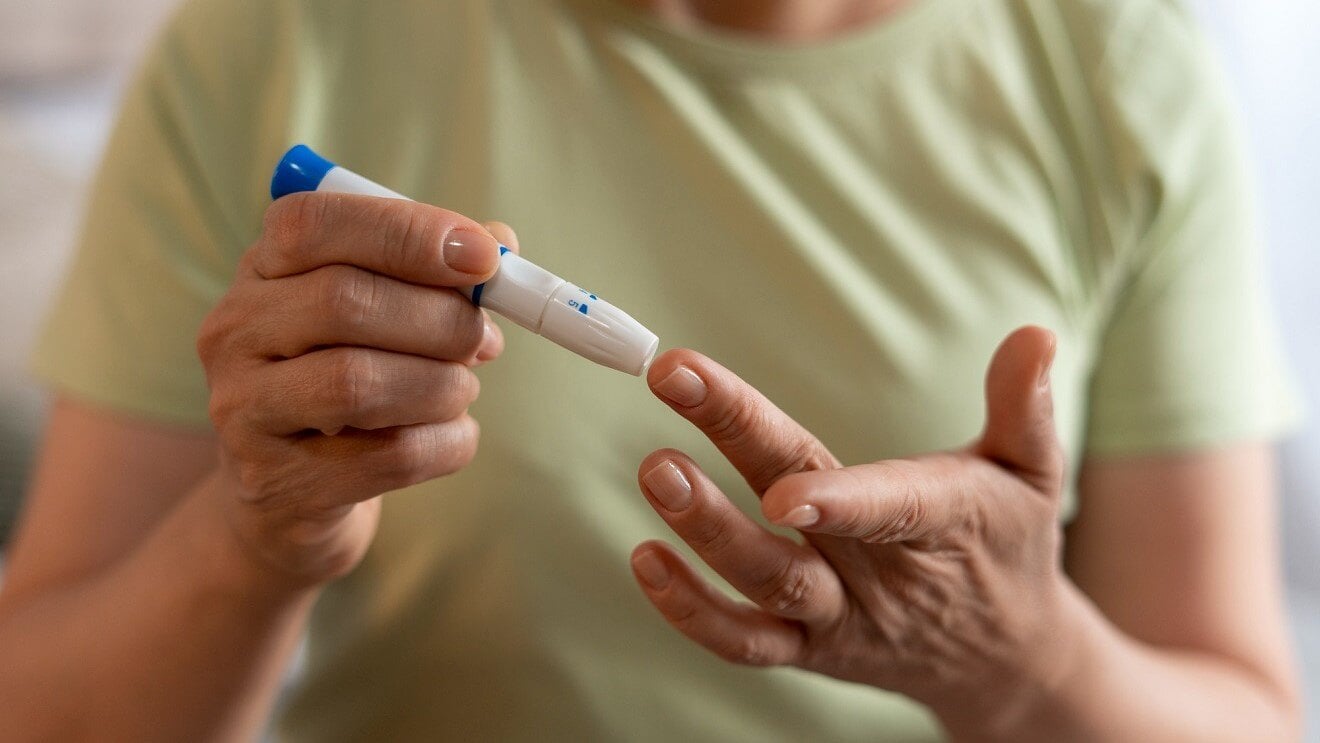Yolanda Sanz, research professor at IATA-CSIC, has contributed her knowledge of the link between metabolic diseases and microbiota imbalances to the study. Gut microorganisms and the products of their metabolism can affect glycemia and insulin resistance, key factors in the development of diabetes
An expert forum with the participation of Yolanda Sanz, research professor at the Spanish National Research Council (CSIC) at the Institute of Agrochemistry and Food Technology (IATA), located at the University of Valencia Science Park, has published a study that expands the knowledge on the implications of the intestinal microbiome in the development and treatment of diabetes. The work, recently published in the journals Diabetologia, Diabetes and Diabetes Care, points out the potential of the microbiome as a tool to combat one of the most widespread metabolic diseases in the world.
The study provides a comprehensive overview of the challenges and opportunities in microbiome research and its relationship to the development of diabetes, emphasizing the need to continue this line of research and apply the knowledge gained to the prevention and clinical improvement of the disease. The article, entitled The Gut Microbiota and Diabetes: Research, Translation, and Clinical Applications-2023 Diabetes, Diabetes Care, and Diabetologia Expert Forum, has been prepared following an exhaustive review of recent epidemiological studies of large cohorts of subjects, including metagenomic analyses, and studies in experimental models.
Among the main findings, the group of experts points out that people with this pathology have a gut microbiota that is less diverse in bacterial species and less able to produce butyrate, a short-chain fatty acid generated by intestinal bacteria specialized in the fermentation of dietary fiber. This metabolite reduces intestinal inflammation associated with the ingestion of hypercaloric and unhealthy diets, which leads to metabolic dysfunction, and stimulates the production of enteroendocrine hormones, such as GLP-1. This hormone improves insulin secretion and sensitivity and glucose metabolism and reduces appetite.
IATA's contribution
Yolanda Sanz, CSIC research professor in the Microbiome and Innovation in Nutrition and Health Group at IATA, has contributed her knowledge of the link between metabolic diseases and microbiota imbalances to the study.
“Understanding how the microbiome influences disease is not a simple task, as it varies widely between individuals due to factors such as age, gender, weight, medication and lifestyle. To identify consistent patterns, we need large population size studies and use advanced analysis techniques in longitudinal studies that include several sampling times, which would allow us to differentiate between normal variations and those that may contribute to disease,” explains Sanz.
The team of experts also observed that diabetes is associated with an increase in potential pathogens, such as the bacterium Ruminococcus gnavus, and other bacterial metabolites implicated in insulin resistance.
A new therapeutic avenue?
Interest in the microbiome is not limited to its possible role in the diagnosis or prognosis of diabetes. Research in the area is focused on whether modulating the microbiome, through healthy diets rich in fiber, the use of gut bacteria in the form of, for example, probiotics or even fecal microbiota transplantation, could help improve blood sugar control. “Although some trials have shown promising results, more research is still needed to confirm their clinical efficacy and advance their potential application,” stresses the IATA-CSIC scientist.
Yolanda Sanz insists on the importance of understanding how all the variables of the individual interact, including genetics or possible morbidities; the environment (diet, physical activity, medication) and the components of the microbiome and its impact on human health to move towards more holistic and personalized treatments that take advantage of the potential of the microbiome to improve the efficacy of treatments.
The published report indicates that, in addition to bacteria, there are other types of gut microorganisms, such as viruses and fungi, that could influence the microbiome and should be investigated for their possible impact on the development of diabetes. “It is also necessary to investigate the influence of drugs on the intestinal microbiota, since in some cases, as in the case of antidiabetic drugs, interactions occur that can modify their efficacy. If all these factors are taken into account, it will be possible to design therapies and even more effective drugs,” concludes Sanz.
Metabolic diseases: the epidemics of the 21st century
Yolanda Sanz has recently published, together with other CSIC researchers, a report in the Science4Policy collection focused on metabolic diseases. The work analyzes the social, health and economic problem posed by the increase in obesity, type 2 diabetes and cardiovascular diseases, a situation that is aggravated by lifestyle and exposure to environmental risk factors.
The IATA researcher explains the implication of the intestinal microbiome in the development of metabolic diseases and the tools that its study can provide to develop future treatments.
Byndloss, M., Devkota, S., Duca, F. et al. The gut microbiota and diabetes: research, translation, and clinical applications – 2023 Diabetes, Diabetes Care, and Diabetologia Expert Forum. Diabetologia 67, 1760–1782 (2024). https://doi.org/10.1007/s00125-024-06198-1


